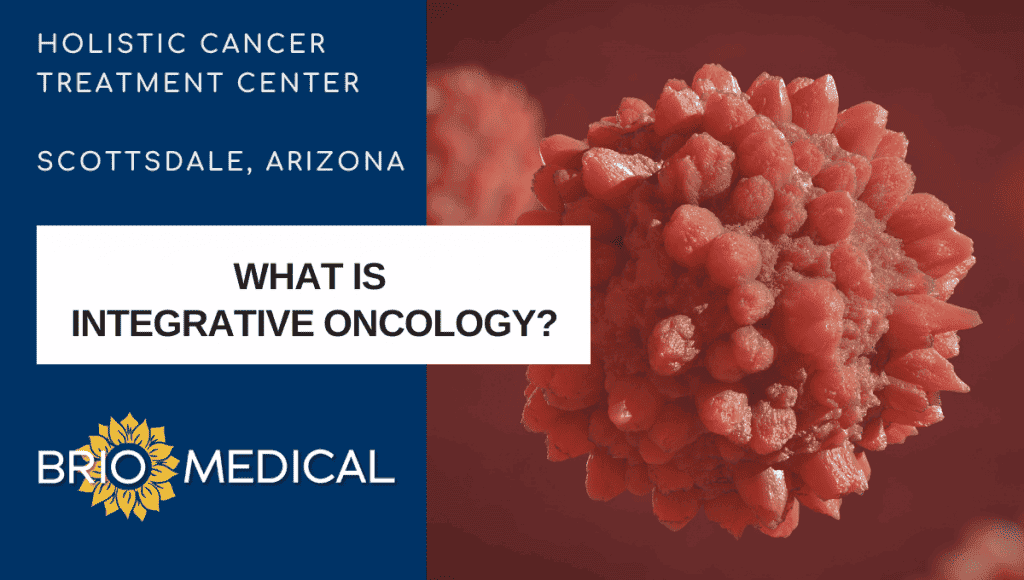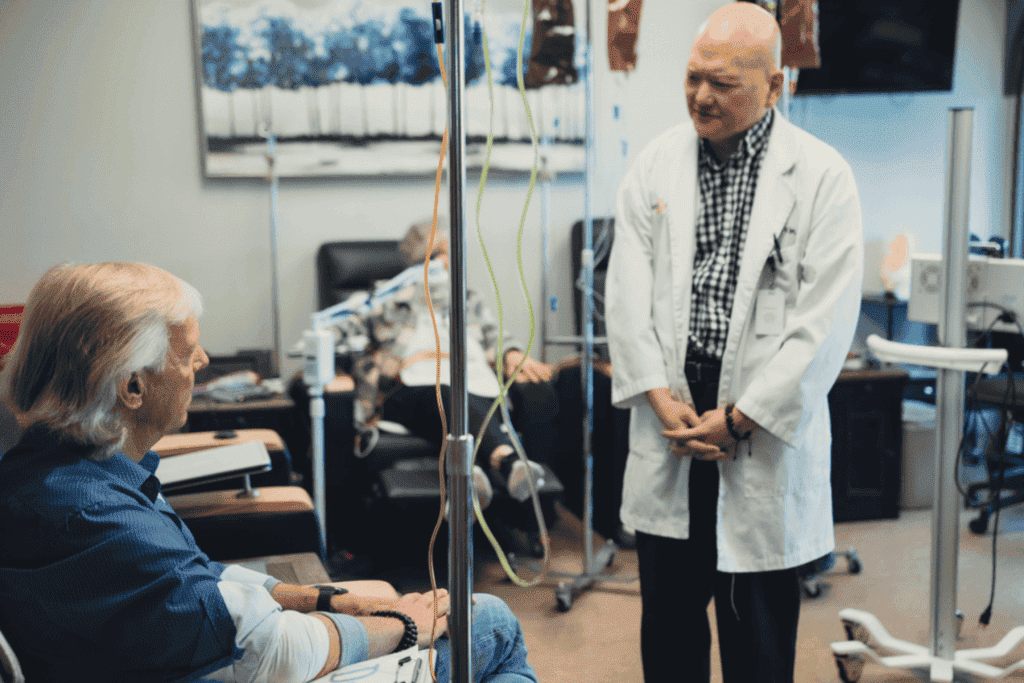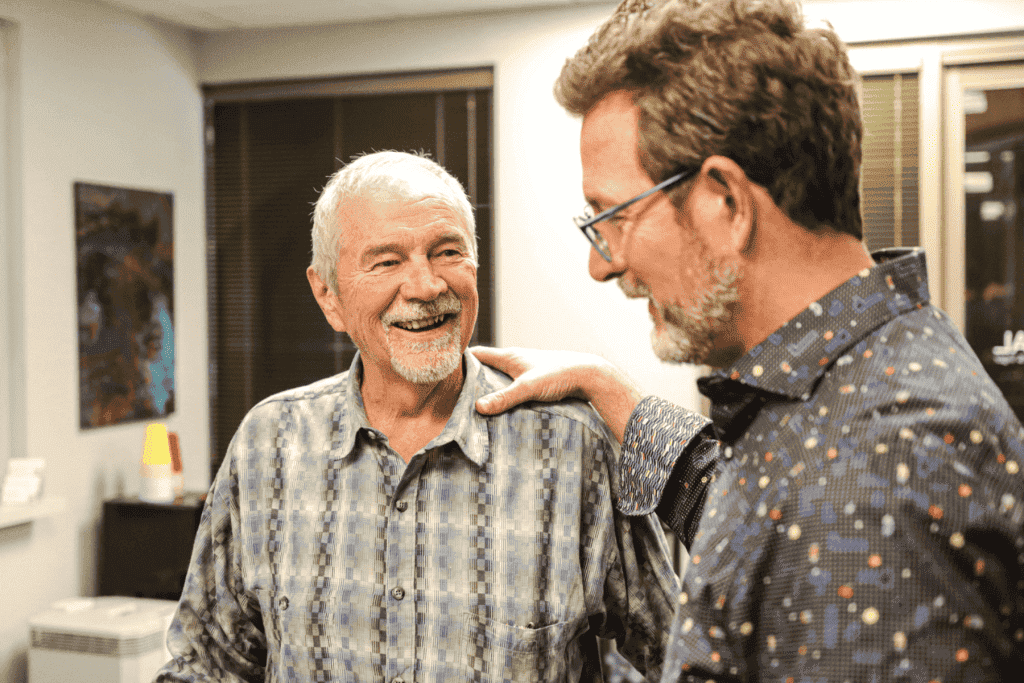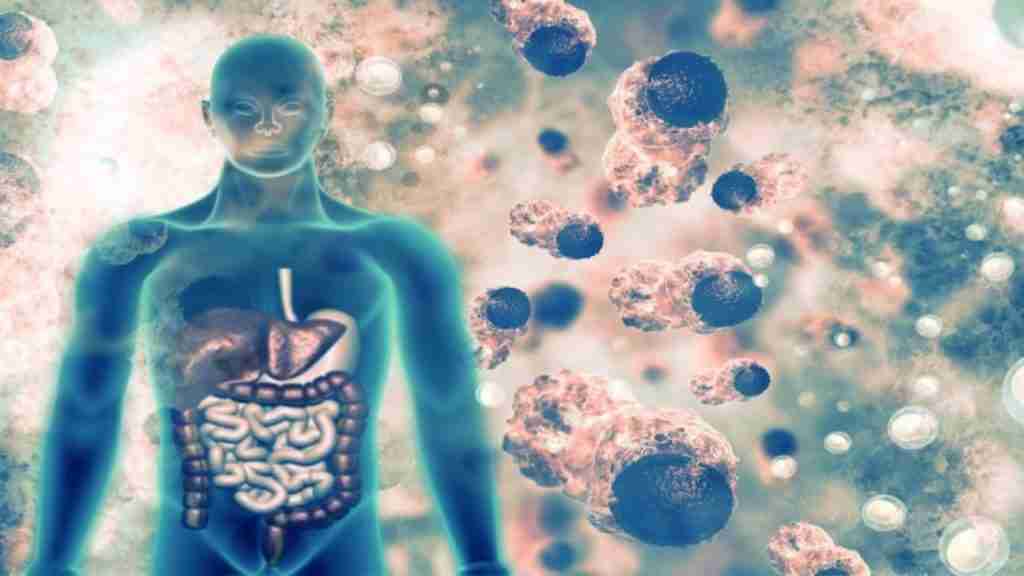The following article explains How Junk Food Leads to Cancer.
It’s well-known that a healthy diet rich in plant-based foods can reduce your risk of developing cancer. And on the other hand, eating a junk food diet might lead to cancer.
But how dangerous is junk food? Are ultra-processed and sugary foods truly behind a significant number of cancer cases?
Let’s dive into the link between junk food and cancer and explore what foods to avoid and which ones to include in an anti-cancer diet.
Can Junk Food Cause Cancer?
Research indicates that diet is at least partially behind up to 30% to 35% of cancer deaths [1].
Cancer is a complex disease, and there are many potential causes, including environmental pollutants, stress, and genetics. But the bottom line is this: what you eat matters when it comes to cancer prevention.
While eating plenty of foods that are rich in nutrients to keep the body healthy is important, it’s equally important to avoid or minimize junk food.
A 22-year European study involving nearly half a million adults found that people who regularly consume low-nutritional foods are more likely to end up with cancer [2]. A poor-quality diet was most frequently linked with cancers of the colon, rectum, digestive tract, and lungs for men. Women were most likely to be diagnosed with liver or breast cancer.
Why Does Junk Food Increase the Risk of Developing Cancer?
While there is plenty of evidence connecting junk foods to cancer, there’s no single reason behind the link.
But there are numerous pathways that can lead to poor health and cancer development later in life when someone eats a poor-quality diet.
For example, eating junk food can increase your chances of becoming obese, and obesity is a cancer risk factor. There are also biochemical reactions caused by eating certain junk foods that impact the cell cycle.
Ultimately, how junk food leads to cancer depends on the individual’s other wellness and lifestyle factors and on the amount and types of junk food consumed.
What Types of Junk Food Lead to Cancer?
Junk food is any food that has low nutritional value. These foods might be high in sugar, sodium, and chemical additives. They’re also low in fiber and bioactive compounds that keep the body healthy.
Here are the different types of junk food that might contribute to cancer.
Ultra-processed foods
Often, junk foods are over-processed, and it’s the processing itself that contributes to health problems. For instance, ultra-processed foods – foods that contain flavors, colors, emulsifiers, and other additives to turn them into ready-to-eat food and drink products – are linked with a range of health problems, including higher rates of cardiovascular disease and obesity and an increase in all-cause mortality [3].
Highly processed foods include sweetened breakfast cereal, fast foods like burgers and French fries, microwave-ready meals, flavored chips, cookies and crackers, and other packaged snacks.
Low-fiber junk foods
Studies show that anywhere from 6% to 18% of colorectal cancers can be attributed directly to a low-fiber diet [4]. It’s also known that not eating enough high-fiber foods in adolescence and young adulthood can increase breast cancer risk in women [5].
Most ultra-processed foods are low in fiber. Other low-fiber junk foods that can increase your cancer risk if consumed regularly include white bread, cakes, and bakery treats.
High-sugar junk foods
Sugar, especially refined sugar, is another problem in a high junk-food diet. There are different ways that high sugar consumption might lead to cancer down the road. It can promote insulin-glucose dysregulation, oxidative stress, hormonal imbalances, and excessive weight, all of which are linked with higher rates of cancer [6].
Sugary junk foods include sugary beverages, candies, and flavored granola bars.
Processed meats
Some meats fall into the category of processed junk food, but these foods aren’t just high in chemical additives and low in nutrition. They also contain compounds that are known to be carcinogenic, such as N-nitroso compounds NOCs [7].
These compounds, as well as others found in well-done cooked meats and smoked meats, can form DNA adducts (segments of DNA bound to cancer-causing chemicals). If the body’s enzymes don’t repair all of the DNA adducts, some can lead to mutations during cell division, which can trigger the development of cancer [8].
Processed meats include ham, salami, beef jerky, pepperoni, hot dogs, and deli meats.
Can an Anti-Junk-Food Diet Prevent Cancer?
Just as a high junk-food diet can increase someone’s chances of developing cancer, consuming little to no junk food and enjoying a healthy diet with a variety of fresh fruits and vegetables, nuts, seeds, and whole grains can help to protect the body from disease.
Nutrients found in plant-based foods are also known to help prevent cancer. Researchers believe that if people ate an anti-cancer diet, there would be a 60 to 70% reduction in breast, colorectal, and prostate cancers and a 40 to 50% decrease in other types of cancers [9].
Eating what’s known as a nutritarian diet is believed to prolong life span, decrease the risk of cancer, and support healthy cognitive functioning well into old age [10]. A nutritarian diet focuses on root vegetables, green vegetables, other brightly colored vegetables, peas, beans, mushrooms, onions, nuts, seeds, and some whole grains. It provides enough exposure to a broad spectrum of phytochemicals that have anti-cancer effects.
But the nutritarian diet is just one type of anti-junk-food diet. With a broad spectrum of plant-based foods, you’ll be getting enough fiber, vitamins, minerals, and other nutrients while avoiding foods that can cause harm. Taking an anti-junk-food, anti-cancer approach to eating can increase vitality, support your body’s natural healing processes, and enable you to live your best life.
To find out more about how to eat to live, contact Brio-Medical today. Our team of naturopathic physicians, holistic nutritionists, and other experienced medical professionals can create a tailored nutrition plan for you.
References for how junk food leads to cancer:
[1] Anand, Preetha, et al. “Cancer is a preventable disease that requires major lifestyle changes.” Pharmaceutical research vol. 25,9 (2008): 2097-116. doi:10.1007/s11095-008-9661-9
[2] Deschasaux M, Huybrechts I, Murphy N, Julia C, Hercberg S, Srour B, et al. (2018) Nutritional quality of food as represented by the FSAm-NPS nutrient profiling system underlying the Nutri-Score label and cancer risk in Europe: Results from the EPIC prospective cohort study. PLoS Med 15(9): e1002651. https://doi.org/10.1371/journal.pmed.1002651
[3] Lawrence M A, Baker P I. Ultra-processed food and adverse health outcomes BMJ 2019; 365:l2289 doi:10.1136/bmj.l2289
[4] Grundy, Anne, et al. “Cancer incidence attributable to insufficient fibre consumption in Alberta in 2012.” CMAJ open vol. 5,1 E7-E13. 4 Jan. 2017, doi:10.9778/cmajo.20160043
[5] Farvid, Maryam S. Ph.D., et al. “Dietary Fiber Intake in Young Adults and Breast Cancer Risk.” Pediatrics (2016) 137 (3): e20151226. doi.org/10.1542/peds.2015-1226
[6] Makarem, Nour, et al. “Consumption of Sugars, Sugary Foods, and Sugary Beverages in Relation to Adiposity-Related Cancer Risk in the Framingham Offspring Cohort (1991-2013).” Cancer prevention research (Philadelphia, Pa.) vol. 11,6 (2018): 347-358. doi:10.1158/1940-6207.CAPR-17-0218
[7] Santarelli, Raphaëlle L et al. “Processed meat and colorectal cancer: a review of epidemiologic and experimental evidence.” Nutrition and cancer vol. 60,2 (2008): 131-44. doi:10.1080/01635580701684872
[8] Turesky, Robert J. “Mechanistic Evidence for Red Meat and Processed Meat Intake and Cancer Risk: A Follow-up on the International Agency for Research on Cancer Evaluation of 2015.” Chimia vol. 72,10 (2018): 718-724. doi:10.2533/chimia.2018.718
[9] Donaldson, Michael S. “Nutrition and cancer: a review of the evidence for an anti-cancer diet.” Nutrition Journal vol. 3 19. 20 Oct. 2004, doi:10.1186/1475-2891-3-19
[10] Fuhrman, Joel. “The Hidden Dangers of Fast and Processed Food.” American Journal of lifestyle medicine vol. 12,5 375-381. 3 Apr. 2018, doi:10.1177/1559827618766483









